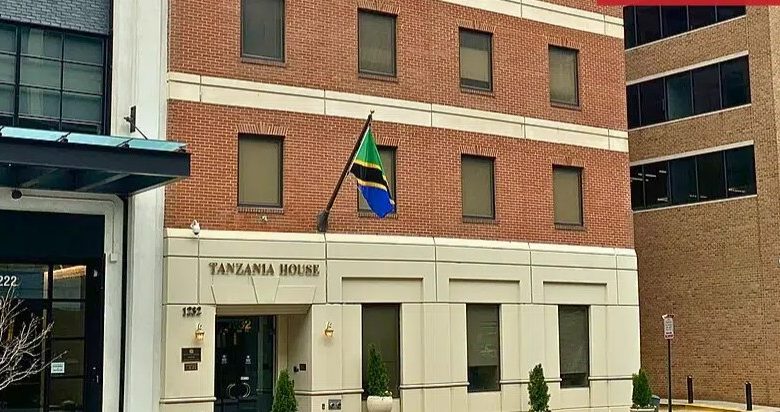Embassies do more than passports, register now

IF you are a Tanzanian living, studying, or just passing through another country, one of the smartest and most patriotic things you can do is simple: Contact your nearest Tanzanian embassy or high commission and register. Yes, right after you unpack your bags and figure out how to work the shower.
Too many of us go abroad and vanish like we are in a spy movie, that is no check-in, no trace, no backup plan. No one hears from you. The embassy does not even know you exist.
It is like you are in witness protection, but with better food. But whether you are on a short course, long-term hustle, or building a life in another land, your embassy is your official safety net. Here, let us make one thing clear.
Registering with your nearest Tanzanian embassy when you travel or relocate abroad is not just some dusty government suggestion. It is important. Vital, even.
Especially for students, professionals and anyone in the diaspora who plans to stay more than a few weeks. The embassy is not just for renewing passports and making awkward small talk. It is your safety net when the unexpected comes knocking.
We know what you are thinking: “Why should I bother? I am fine.” And sure, most days abroad are about lectures, meetings, job hunting, or learning to use a washing machine with foreign instructions. But what about the days when things don’t go according to plan?
What if civil unrest breaks out? What if there is a natural disaster? What if you suddenly need evacuation, medical help, or legal protection? That is when the embassy steps in. But here is the catch: They can’t help you if they don’t know you are there.
Registering with the embassy is the international equivalent of saying “I’m here” in a WhatsApp group. It tells your country where you are, allows them to communicate with you during emergencies and even helps them find you if your family back home is worried sick.
It also opens up doors to events, support networks, Tanzanian communities abroad and practical help like verifying documents, replacing lost passports and navigating foreign systems.
For students, the benefits go even further. Many embassies host forums, offer support groups and help you network with Tanzanian professionals in your field. You might just meet a future mentor, or at the very least someone who understands your craving for ugali and mchicha in minus-five weather.
Now imagine a crisis, say a sudden war or a pandemic and the host country decides to shut down borders. Evacuation efforts begin, but only those registered are contacted. You, unregistered and proud, are left wondering how to explain to your parents that you were in the right country but on the wrong list.
Don’t let that be your story. Registering takes minutes. You can often do it online. No one is asking for your life history, just basic details so the embassy can keep you in the loop and help if needed. It is free, confidential and might just save you a world of stress.
So please, after you land, post your airport selfie if you must, but let your next click be the embassy’s registration page. Because even the strongest among us sometimes need help. And even ninjas need backup. Let us stop playing hide and seek abroad.





